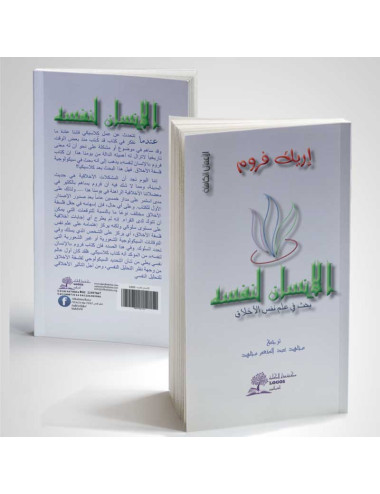Tillich is by no means the most accessible of contemporary theologians. However, this collection of his sermons speaks immediately to everyman. He speaks perceptively of the dilemmas and anxieties of human existence, pointing emphatically to God as the source of salvation from human frustration and guilt. He delivers poignant critiques of modernistic attitudes, distancing himself firmly from the old liberal school of the 19th century and destroying the enlightenment illusion of progress, directing our hopes to God instead.
I must confess that it was against my better judgment that I allowed this little collection of sermons to affect me: I am an evangelical, whereas Tillich belongs to a decidedly more liberal stream of theology to say the least! This is not to say he does not speak like an evangelical, just that I couldn't escape the feeling of intellectual dishonesty as I enjoyed Tillich's writings with the nagging suspicion that he didn't mean anything like the same thing by his use of particular theological terms as I mean. A read of Tillich's far less digestable Systematic Theology will enlighten you as to his philosophy of symbolism in religious language. He clearly maintains that the Christian faith alone can exclusively lay claim to truth; yet the language of Christian doctrine, whilst irreplaceable, is only symbolic, participating in what it represents yet, nevertheless, incapable of objectively describing what it represents. The evangelical might well benefit from reading 'Shaking of the Foundations' if he can overlook this tension; the non-conservative will not need to.
Tillich was a bundle of contradictions, in a sense. He argues passionately for the truth of the Christian gospel, yet he was hardly ever known to go to church, except to preach, perhaps. He is also reputed to have had a string of affairs. I suppose the greatest comfort one can draw from that is that Tillich certainly knew what he was talking about when, along with St. Paul, he affirmed the pervading despair and tension that characterizes human existence.
The most impressing sermons contained in the book are: 'Shaking of the Foundations' in which the preacher lambasts the naive optimism of the enlightenment and prophetically challenges modernism with the warning of a 'shaking of the foundations' which will expose the bankruptcy of confidence in modern progress, leaving the (E)ternal standing; 'The Witness of the Spirit to the Spirit' on the subject of the Christian's assurance; and 'You Are Accepted', a life-giving exposition of Paul's thought on sin and grace in Romans 5:20: here also is Tillich at his most perceptive and penetrating.



























Product Comments